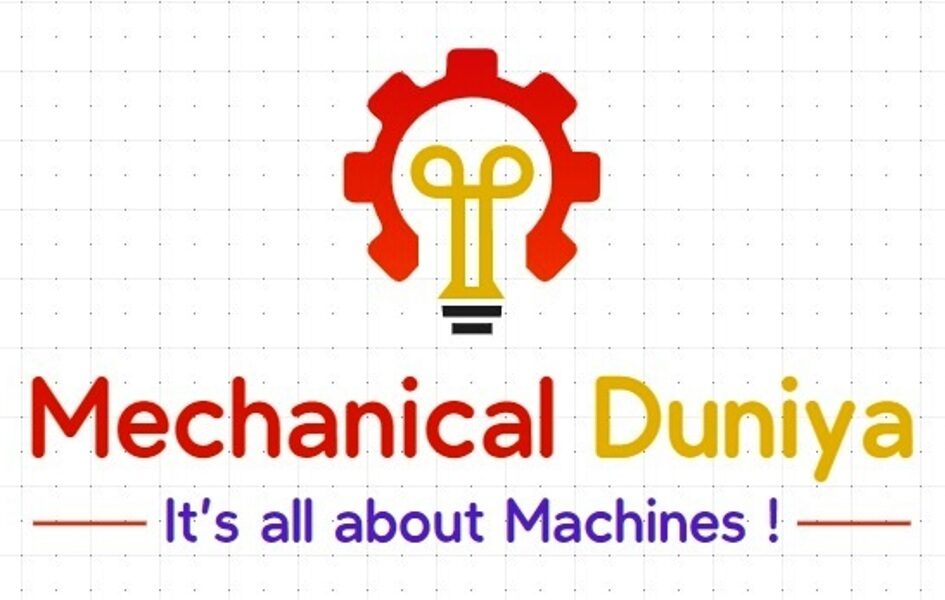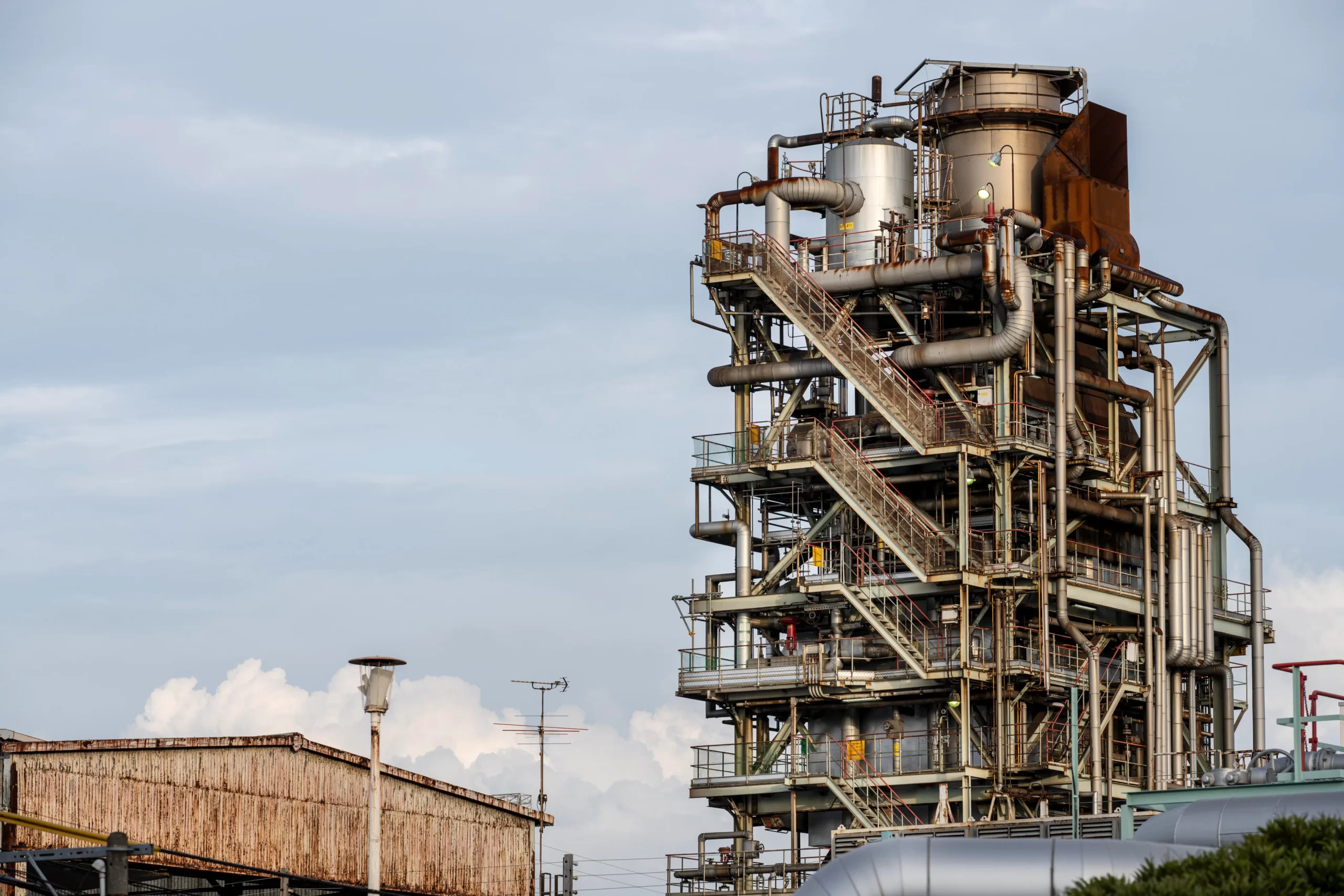Valuation is critical in the financial and industrial sectors, helping determine the fair market value of assets, including plant and machinery. For mechanical engineering graduates, becoming a registered Valuer for Plant and Machinery by the Insolvency and Bankruptcy Board of India (IBBI) presents an opportunity to leverage technical expertise in a specialized financial role. This post outlines the steps, qualifications, and career prospects of becoming a Valuer (Plant and Machinery) in India.
Understanding the Role of a Valuer (Plant and Machinery)
A Valuer specializing in Plant and Machinery assesses the value of industrial equipment, machinery, and plant infrastructure. This valuation is crucial for various purposes, such as financial reporting, mergers and acquisitions, taxation, and insolvency proceedings. The Valuer’s role involves inspecting assets, analyzing their condition, understanding market trends, and using valuation techniques to determine their worth.
Key responsibilities include:
- Inspection: Conducting physical inspections of machinery and plants to assess their condition.
- Data Analysis: Collecting and analyzing data related to the machinery, such as age, usage, maintenance history, and technological obsolescence.
- Market Research: Understanding market trends, including demand and supply dynamics, to gauge the current and future value of the assets.
- Report Preparation: Preparing detailed valuation reports that comply with legal and regulatory standards.
Steps to Become a Valuer (Plant and Machinery)
- Educational Qualifications
- The first step is obtaining a bachelor’s degree in Mechanical Engineering or a related field. This provides the foundational technical knowledge required for understanding machinery and industrial processes. A postgraduate degree or additional coursework in finance, valuation, or related disciplines can be advantageous.
- Relevant Experience
- Practical experience in manufacturing, construction, or any sector involving heavy machinery is crucial. This experience helps develop an understanding of the operational aspects and the value determinants of machinery. Roles like Maintenance Engineer, Project Engineer, or Operations Manager are particularly relevant.
- Pursuing the IBBI Valuer Certification
- The Insolvency and Bankruptcy Board of India (IBBI) regulates the profession of Valuers under the Companies Act, 2013. To become a registered Valuer (Plant and Machinery), one must clear the IBBI Valuation Examination.
- Eligibility for the Examination:
- Education: A graduate in mechanical engineering.
- Experience: Five years of experience after graduation or at least three years of post-qualification experience in the Mechanical engineering field.
- Application Process:
- Register with a recognized Registered Valuers Organisation (RVO) under IBBI.
- Complete a 50-hour educational course provided by the RVO.
- Apply for the Valuation Examination through the IBBI portal.
- Clearing the IBBI Valuation Examination
- The examination tests knowledge in valuation principles, legal and regulatory frameworks, and industry-specific knowledge. Topics include the basics of valuation, valuation standards, financial analysis, and specific aspects of plant and machinery valuation.
- Preparation Tips:
- Study the prescribed syllabus of valuer (plant and machinery) and reference materials provided by IBBI and RVO.
- Attend training sessions of 50 hours and workshops conducted by the RVO (online or offline mode).
- Practice with previous exam papers and sample questions.
- Registering as a Valuer
- Upon passing the examination, apply for registration as a Valuer with IBBI through the RVO. This involves submitting the required documents, including proof of qualification, experience, and exam clearance.
- After registration, you will be issued a Certificate of Practice, allowing you to perform valuations legally. Know related FAQs here.
- Continuous Professional Development (CPD)
- Registered Valuers must not engage in continuous professional development to stay updated with the latest valuation methodologies, legal changes, and industry trends. This includes attending workshops, and seminars, and completing refresher courses (normally after a few years of duration).
Skills Required
- Technical Expertise: In-depth knowledge of mechanical systems, industrial processes, and machinery.
- Analytical Skills: Ability to analyze data, market trends, and financial statements.
- Attention to Detail: Precise assessment of machinery condition and valuation factors.
- Report Writing: Skill in preparing comprehensive and compliant valuation reports.
- Communication Skills: Effectively communicating findings to clients and stakeholders.
Career Prospects and Opportunities
Valuers (Plant and Machinery) have many financial, legal, and industrial opportunities. They can work independently as consultants, be employed by valuation firms, or join financial institutions, government agencies, and multinational corporations. Some of the career paths include:
- Independent Consultant: Many Valuers operate as independent consultants, offering services for valuations required in mergers and acquisitions, asset sales, tax assessments, and more.
- Valuation Firms: Joining a valuation firm provides exposure to a diverse range of projects and industries. Firms often handle large-scale valuations for corporations, banks, and government agencies.
- Financial Institutions: Banks and financial institutions require Valuers for asset-based lending, where the valuation of collateral is crucial.
- Government and Regulatory Bodies: Government agencies and regulatory bodies also employ Valuers for assessments related to public sector undertakings, taxation, and infrastructure projects.
Expected Salary and Benefits
The earning potential for Valuers varies based on experience, location, and the complexity of projects handled. As an entry-level Valuer, one can expect to earn between ₹6,00,000 to ₹10,00,000 annually. With experience and specialization, earnings can significantly increase, ranging from ₹15,00,000 to ₹30,00,000 or more per annum. Independent consultants may also earn a substantial income based on project volume and client base.
Benefits:
- Professional Growth: The role offers continuous learning and specialization opportunities, enhancing professional credentials and marketability.
- Diverse Work Environment: Exposure to various industries and sectors keeps the job dynamic and engaging.
- Impactful Role: Valuers play a crucial role in financial transactions, legal disputes, and strategic business decisions.
Conclusion
Becoming a Valuer (Plant and Machinery) offers a unique blend of technical and financial expertise, making it an attractive career choice for mechanical engineering graduates. The path involves obtaining the necessary education, gaining relevant experience, and clearing the IBBI Valuation Examination. The career prospects are diverse and rewarding, with opportunities for continuous professional development and specialization. As industries and businesses continue to grow, the demand for qualified Valuers remains strong, making this a promising and sustainable career option.

